MBI PhD Qualifying Exam
Time: 2pm
Date: 2 April 2020, Thursday
Venue: T-Lab, Level 5 Meeting Room
Supervisor: Prof. Yan Jie
MECHANICAL STABILITY OF FILAMIN-MEDIATED CONNECTION BETWEEN CYTOSKELETON NETWORK AND MEMBRANE RECEPTORS
By: DENG Yunxin, Yan Jie Group
Abstract: Mechanosensing of cells involves dynamic assembly of various supramolecular force-transmission linkages, which allow the cells to properly sense and respond to the level of mechanical force in the linkages. A force-transmission linkage typically consists of a few non-covalently linked proteins, in which the domains and protein-protein interfaces (PPIs) are subject to dynamic fluctuation of intracellular forces. This results in highly complex force-dependent conformations of the domains and the interactions of these domains with numerous signalling proteins.
Filamins, a family of large actin-binding proteins, play critical roles in mechanosensing of cells. They crosslink actin filaments and mediate molecular linkages between cytoskeleton network and membrane receptors. They are subjected to tensile forces generated from external mechanical perturbation or internal actomyosin contraction. In addition, they act as a scaffold by interacting with more than 90 cytosolic and membrane proteins. Mutations in filamins are related to a variety of diseases known as “filaminopathies”.
The mechanisms underlying the filamin-mediated mechanosensing remain poorly understood, partly due to a lack of understanding of filamin-mediated force-transmission, force regulation and interactions. My Ph. D study aims to address this lack of understanding. I propose to examine how force affects the filamins’ conformation, filamins’ domain structural stability, filamins’ interactions with binding partners, and the mechanical stability of filamin-receptor PPIs. The studies will be focused on filamin A (FLNA), the major isoform of filamin in cells, and will be mainly based on single-molecule mechanical manipulation of individual PPIs or domains using magnetic tweezers. The single-molecule studies will be complemented with steered full-atom molecular dynamics simulation and physical modelling.
**Please note the examination following the seminar is closed-door**
This event is online only
During the current situation regarding the COVID-19 virus, MBI seminars will only be available online. Please consult previously distributed information for access information and help. Remember it is important not to share or post meeting information including URLs, IDs and/or passwords.
Address your questions/concerns to the MBI ITCore at mbit@nus.edu.sg.



